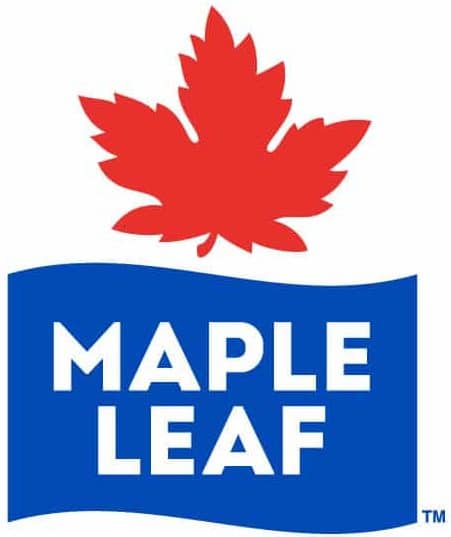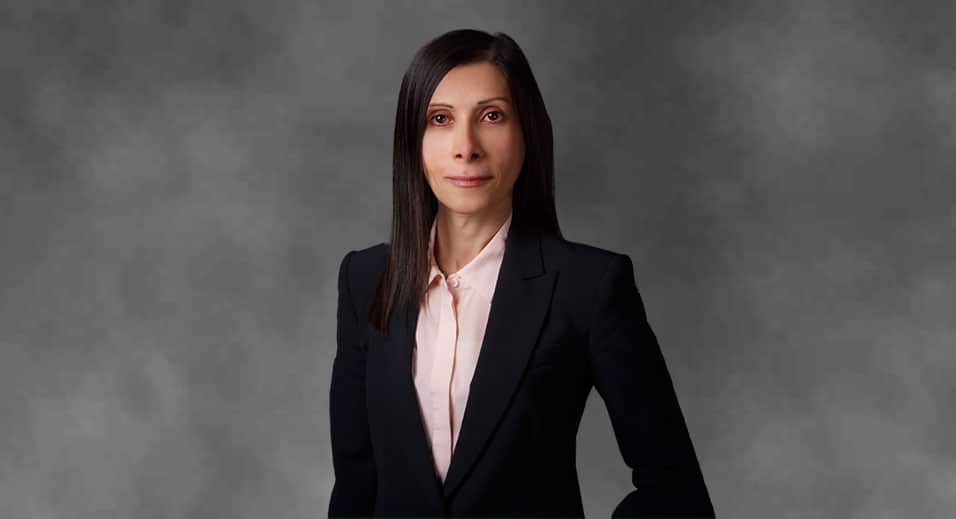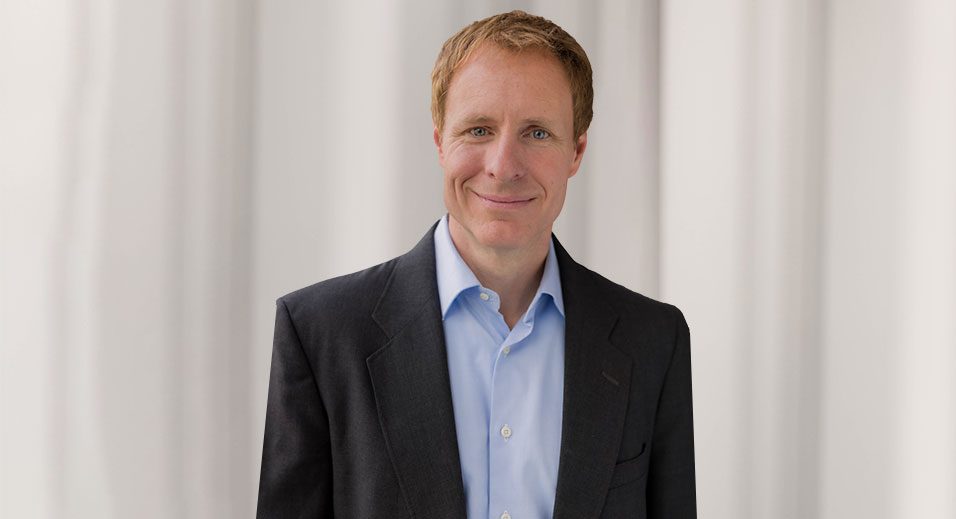For Faye, her admiration for sciences and for women leading the way in STEM, fuel her passion and pride for what she does and for being a woman in a leadership position.
Faye Cooper joined Maple Leaf Foods in 2018 as a Director of Asset Reliability, with the mission to create a central asset management function and strategy, from scratch, and to improve the reliability of our assets across the Maple Leaf Foods portfolio of factories. Today, she is Vice President (VP) of Sustainability Execution & Reliability, a role she was promoted to following her success in her previous positions.
As VP, Faye has the privilege of leading the execution of a 3-pronged asset management strategy that’s focused on People, Process, and Technology transformation. And her role recently expanded to Sustainability Execution, with a laser focus on achieving Maple Leaf’s vision to become the most sustainable protein company in the world.
What brought you to Maple Leaf Foods?
There are multiple drivers: the strong value-based culture that was clearly lived by Maple Leaf Foods’ senior management, the opportunity to create something that didn’t exist from scratch, and the chance to work for an iconic Canadian company.
What made you stay?
What brought me in was exactly what made me stay! I felt at home and in my element from day one. The entrepreneurial spirit, the people, and the cultural fit were seamless, which in turn, allowed me to be myself and do my best. Also, the ability to make a difference by tapping into my past experience and to make a positive impact are key factors that have kept me here.
It’s worth noting that I’ve spent approximately 75% of my career in the energy and technology sectors, in Commercial and Finance focused roles. So, when I joined Maple Leaf, in a completely different space and function, it seemed to be a major shift. Having said this, it didn’t take me long to realize that our business, as unique as it is, is very similar to any other business that “makes things” and “sells thing.” That allowed me to leverage my transferable skills and interpret them for the Maple Leaf context to “Raise the Good in Food” as our slogan goes.
Why is gender equity so important to you in the workplace?
Studies have shown that gender bias impedes quality of decision making and efficiency at work. Also, statistically speaking, women are more than 50% of the global population. Given the growth in the world population and the increasing demand for talent, imagine how big of a talent pool would be missed if the industry didn’t fully engage this demographic.
During your career, what kind of progress have you observed in opportunities for women? Are you hopeful about the future?
The most notable observation is the awareness raised around equity and opportunities for women in the workforce. The social landscape is changing, the workforce is demanding it, and corporations are paying attention and starting to act on it. This is what is promising for the next generation. Globally, approximately only 30% of executive and C-suite positions are occupied by women. The numbers are consistent in Canada and the U.S. While the trend has been increasing since the 90’s, it has been slow. I’m hoping that the combination of awareness and socioeconomic needs will expedite the trend.
How do you define your purpose at Maple Leaf?
There’s something special about knowing where your work goes, and how it impacts the world. At Maple Leaf, we employ more than 14,000 people, put delicious and nutritious food on the nation’s plate, and do it all while striving to be the most sustainable protein company in the world. These are all very tangible impacts, and I’m thrilled to be a part of it each and every day.
If you needed inspiration and could have lunch with any woman you admire, alive or dead, who would it be? Why?
Christine Lagarde is on top of the “alive” list as the lunch conversation with her would be loaded with multitudes of topics ranging from sports and her journey to the top, to advocacy and support for women in business.
For individuals who have passed, and being a physicist, I must go with Marie Curie who’s the only female Nobel Prize winner in Physics and Chemistry. Having her perspective on the experience of women in Science, Technology, Engineering and Mathematics (STEM) back then compared to now would be fascinating and humbling.
What advice do you have for women in the early stages of their career?
My advice to anyone starting their career is to explore first — co-op and leadership track programs are excellent for this. Then, set a goal and have the flexibility and realistic expectations on when and how to get there.
My other piece of advice is to demonstrate competence, humility, and teamwork; acknowledge that knowing one thing well doesn’t translate to knowing the entire business.
Lastly, which perhaps is most applicable to many women at any stage of their careers: take risks, take initiative, find your supporters who would advocate for you, and be very clear and vocal about what you want and why you should have it.




